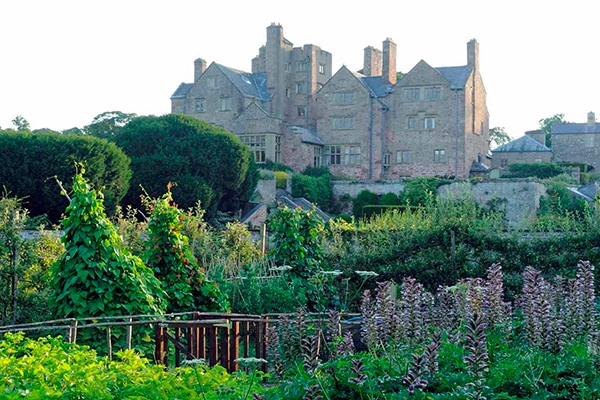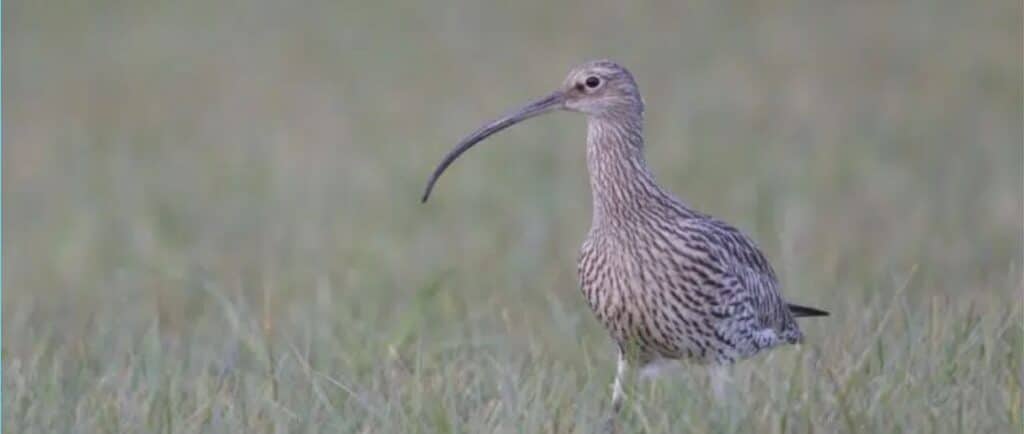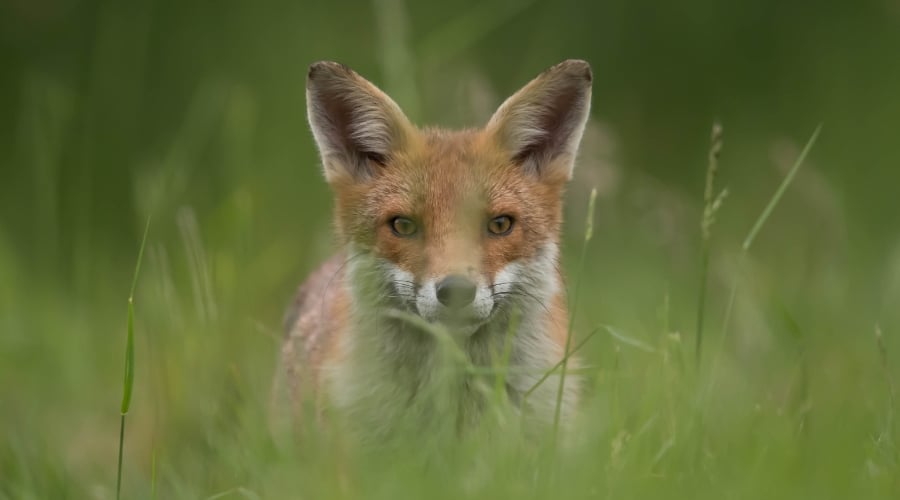
Welsh politicians join celebration of game
Welsh MSs recently attended a recent BASC event celebrating game meat, held at Bodysgallen Hall in Llandudno.
Get information on the legal shooting season for mammals and birds in the UK.
Apply for funding for your project or make a donation today
Comprehensive information and advice from our specialist firearms team.
Everything you need to know about shotgun, rifle and airgun ammunition.
Find our up-to-date information, advice and links to government resources.
Everything you need to know on firearms law and licensing.
All the latest news and advice on general licences and how they affect you.

Following a vote in the Senedd last week to ban all forms of snares in Wales, read our letter to Lesley Griffiths MS, Minister for Rural Affairs regarding the use of modern humane cable restraints to protect ground-nesting birds.

The British Association for Shooting and Conservation,
Marford Mill,
Rossett,
Ll12 0HL.
24 May 2023
Dear Ms Griffiths,
On behalf of our membership, who are responsible for the daily care of the Welsh natural environment, I wish to put on record BASC’s deep concern at the damage that will be done to conservation and biodiversity by the ban on humane cable restraints for fox control in Wales.
Humane cable restraints exceed international standards for such restraining devices and are an essential method of protecting and conserving extremely vulnerable ground-nesting bird species in Wales.
Whilst BASC agreed with steps to prohibit the use of old-fashioned snare designs, we will be pursuing every political and legal avenue to ensure that this unjustified ban on humane cable restraints does not damage the ability of biodiversity in Wales to recover.
It is in all our interests that the biodiversity in Wales improves – it is not in the interests of those who shoot to see our natural environment degrade – but sadly that has been the overall trend since the Welsh government was created. Even though the Welsh Government has a duty to enhance biodiversity alongside conservation.
As a non-party organisation BASC seeks to work with all political parties and has long hoped that Welsh Labour would regard co-operative and collaborative working with those who manage the countryside as essential to fulfilling that duty. Instead, we have seen those who manage Welsh rural areas demonised as cruel, uncivilised, and barbaric. This is the rhetoric of a pressure group not a national government.
The evidence clearly shows that the game management and habitat creation delivered by well-managed shoots provide greater diversity of natural environment, more hedges, field margins, ponds and woodlands. This results in shoots holding more farmland songbirds, which have suffered steep declines elsewhere. These islands of biodiversity should be seen as a vital part of Wales’s ability to improve and lead the UK on biodiversity recovery.
The Minister for Climate Change supported the launch of the Curlew Recovery Plan for Wales in November 2021, which documents that predation by foxes of nests and chicks, alongside habitat loss and unfavourable habitat management, is the driving the decline of all Welsh grassland breeding waders, curlew, redshank, golden plover and lapwing. The recovery plan predicts that curlew could be on the brink of extinction in Wales by 2033; they have already declined by 73% between 1995 and 2020 (The Breeding Bird Survey 2021).
Depriving land managers of the use of humane cable restraints will impact the efficacy of control prior and during the ground-nesting bird season, shortening the time to extinction and so accelerating biodiversity loss. This shows the Welsh Government acting against their commitment to the Post-2020 global biodiversity framework plan agreed at CO15 of the Convention on Biological Diversity in December last year.
A major factor in the successful delivery of increased biodiversity is efficient and effective control of predators such as foxes, and a key tool in ‘the box’ to control this species is the correct use of humane cable restraints, as referenced in the Welsh Government’s own code of practice for such devices.
Humane cable restraints are an essential and targeted means of control in locations and at times of the year when other methods are simply impractical or ineffective, which often coincides when a number of bird species are nesting on the ground and at their most vulnerable.
Throughout the recent debates on the use of humane cable restraints there appears to be confusion, and by some a deliberate attempt to muddy waters, between these modern devices and old-fashioned snares.
For clarity, humane cable restraints are designed to humanely catch and hold foxes and have many specific design features to facilitate this. The suggestion that they cannot do this is wrong, for example these devices are being used to catch foxes which are fitted with GPS collars and subsequently released, as part of scientific research to learn about their movements.
BASC feels that the Welsh Government has not given sufficient consideration to all of the evidence on the use humane cable restraints and has underestimated the impact of removing the possibility of their continued use under a licensing regime as proposed by an amendment to the current bill.
BASC will be exploring the basis on which the Welsh Government took this decision, and the evidence and research on which you relied. If we conclude that the Welsh Government has acted improperly, we will not hesitate to take legal action.
Yours sincerely,
Steve Griffiths
Director of Wales
The British Association for Shooting and Conservation

Welsh MSs recently attended a recent BASC event celebrating game meat, held at Bodysgallen Hall in Llandudno.

The future of Wales’ most threatened species has been put at significant risk, after a ban on all snares was taken forward by the Welsh Government this week.
It is unacceptable to risk some of our most threatened species with an outright ban on snares.
Sign up to our weekly newsletter and get all the latest updates straight to your inbox.
© 2025 British Association for Shooting and Conservation. Registered Office: Marford Mill, Rossett, Wrexham, LL12 0HL – Registered Society No: 28488R. BASC is a trading name of the British Association for Shooting and Conservation Limited which is authorised and regulated by the Financial Conduct Authority (FCA) under firm reference number 311937.
BASC Direct Ltd is an Introducer Appointed Representative of Agria Pet Insurance Ltd who administer the insurance and is authorised and regulated by the Financial Conduct Authority, Financial Services Register Number 496160. Agria Pet Insurance is registered and incorporated in England and Wales with registered number 04258783. Registered office: First Floor, Blue Leanie, Walton Street, Aylesbury, Buckinghamshire, HP21 7QW. Agria insurance policies are underwritten by Agria Försäkring.
If you have any questions or complaints about your BASC membership insurance cover, please email us. More information about resolving complaints can be found on the FCA website or on the EU ODR platform.